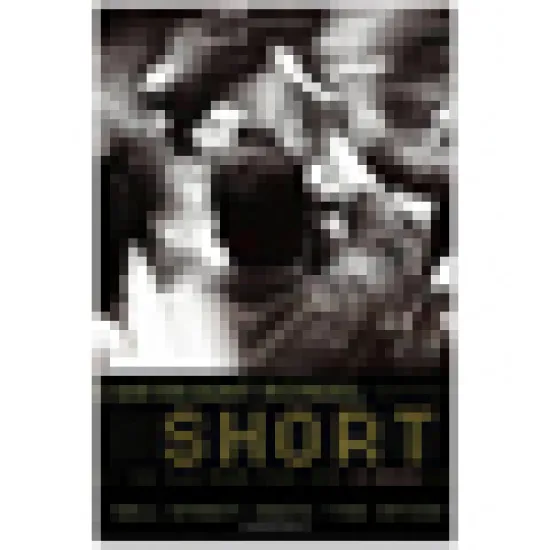
Short: The Tales of a Veteran Energy Trader
Novelist and trader Cortright McMeel raises the stakes in Short, his high energy account of commodities trading.
Fran Hawthorne
December 14, 2010


